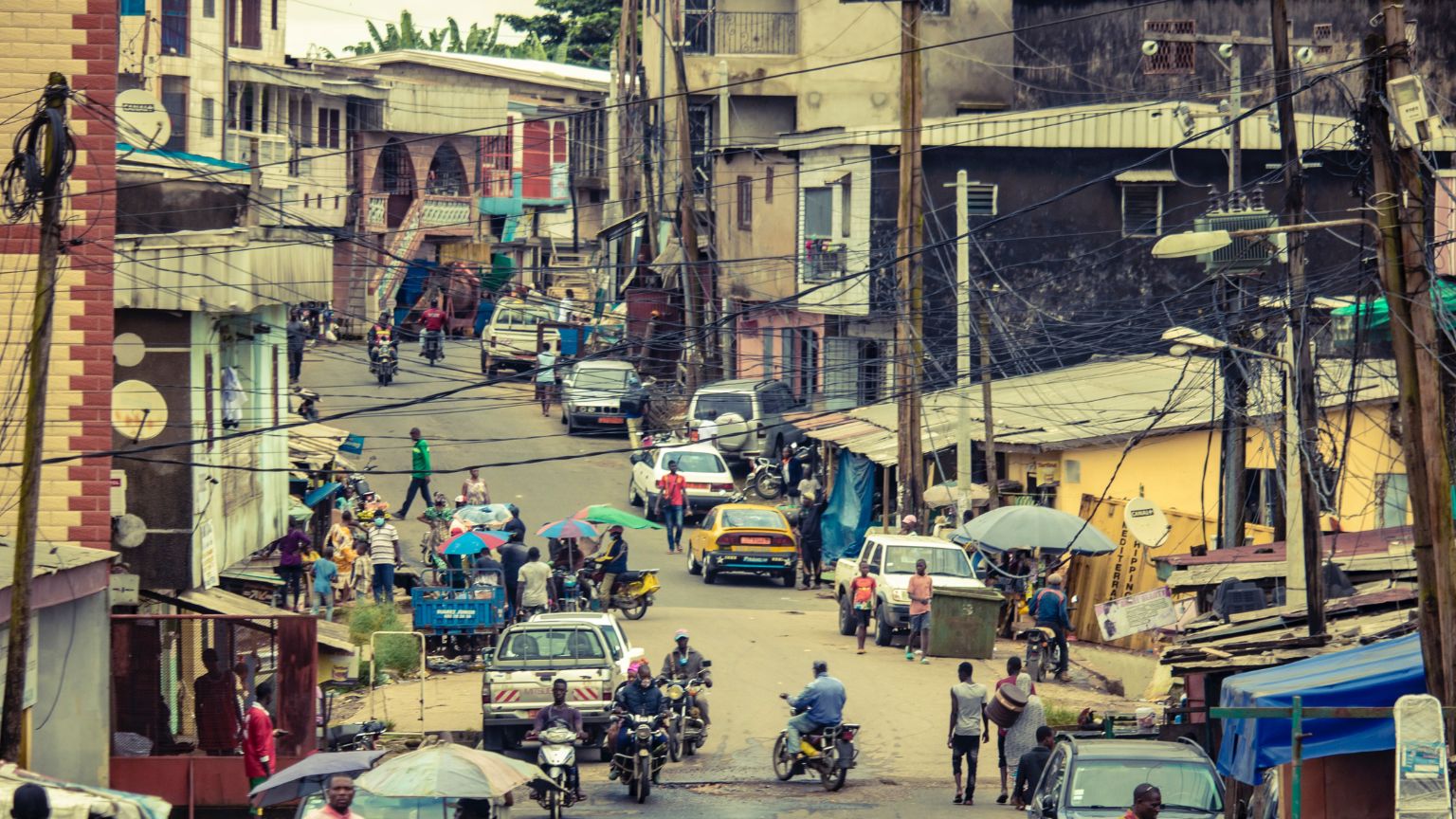In a remarkable development from Douala, the largest city in Cameroon, the implementation of an extensive facial recognition video surveillance program has begun, according to recent reports.
The program consists of an impressive assembly of over 3,000 surveillance cameras, and 95 base stations, along with two central control centers and eight regional centers.
The initiative is a collaborative effort between the National Delegation for National Security (DGSN) and Cameroon Telecommunications (CAMTEL), powered by technical support from the Chinese technology firm, Huawei. Upon its inauguration on Thursday, 15 June, it was noted that the surveillance cameras are designed to monitor and record various activities, including criminal actions and traffic irregularities. The overriding implication of this new regime is that “crowds will no longer be anonymous.”
According to documents from the DGSN referenced by BiometricUpdate, real-time processing of every captured image will be facilitated by facial recognition algorithms which are further informed by data aggregated from multiple platforms. The program also incorporates Automated Number Plate Recognition (ANPR) and behavior analysis software, designed to “predict” potential harmful actions.
Judith Yah Sunday epse Achidi, CAMTEL’s General Manager, underscored that the primary objective of this ambitious project is to strengthen the nation’s security framework. The ultimate goal is the safeguarding of people and their properties, in light of the reportedly high crime rates in Douala, which include frequent muggings and armed robberies, among other offenses.
Interestingly, this new development is part of a larger endeavor, the “Cameroon Intelligence Cities” project. This project aims to harness AI-based technology to enhance the quality of life for urban dwellers across Cameroon. The first phase of this initiative was launched in Yaounde, the country’s capital, back in 2019, to augment the police force’s ability to combat crime, terrorism, and traffic disturbances.
However, despite the touted benefits, there are pressing concerns surrounding the infringement of privacy rights due to the adoption of AI-based biometric detection and data collection. Critics have voiced their unease, particularly in light of Cameroon’s lack of specific legislation protecting personal data. The mystery shrouding the methods of biometric data collection, and the absence of any clarification concerning potential human rights impact assessments, adds to these concerns.
Moreover, there are mounting fears that the surveillance initiative might be misused to suppress peaceful protests or to identify leaders of opposition groups. As the surveillance project begins to take shape in all ten regions of Cameroon, these apprehensions continue to underscore the delicate balance between technology-aided security measures and the fundamental right to privacy.










